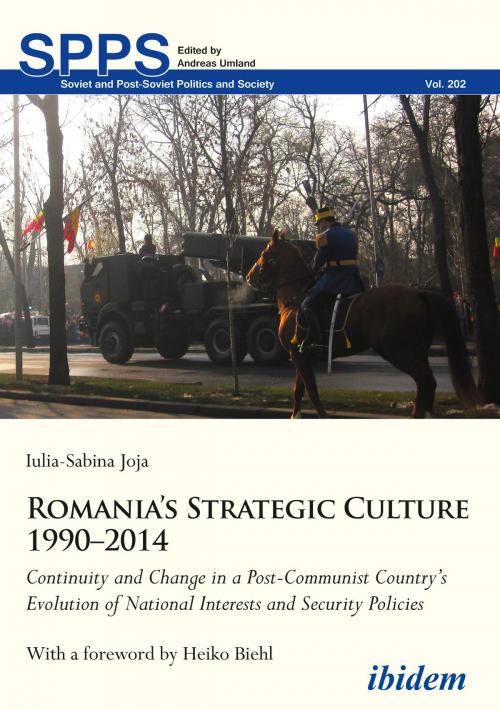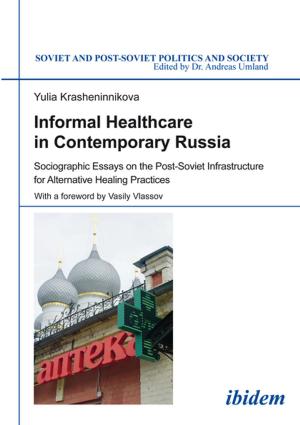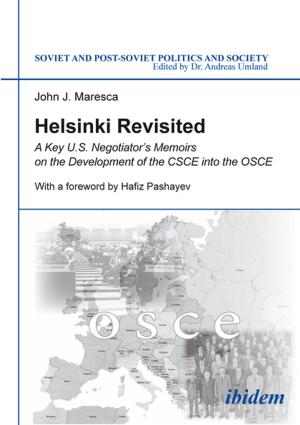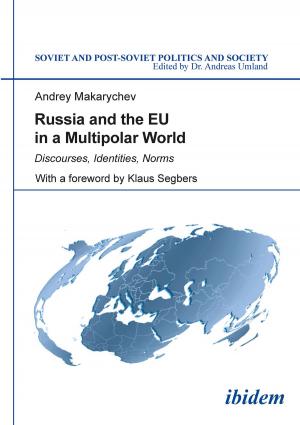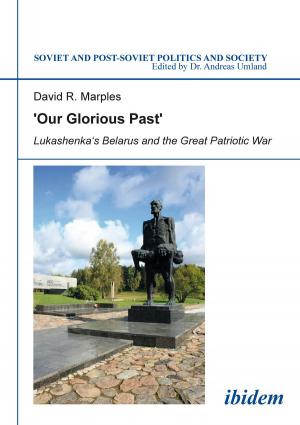Romania’s Strategic Culture 1990–2014
Continuity and Change in a Post-Communist Country’s Evolution of National Interests and Security Policies
Nonfiction, Social & Cultural Studies, Political Science, International| Author: | Iulia-Sabina Joja, Andreas Umland | ISBN: | 9783838272863 |
| Publisher: | ibidem | Publication: | May 30, 2019 |
| Imprint: | ibidem | Language: | English |
| Author: | Iulia-Sabina Joja, Andreas Umland |
| ISBN: | 9783838272863 |
| Publisher: | ibidem |
| Publication: | May 30, 2019 |
| Imprint: | ibidem |
| Language: | English |
Analysis of strategic culture facilitates a comprehensive understanding of a nation’s security identity and patterns of policy conduct. Though strategic culture changes over time, why and how these mutations take place has not been researched much so far. This book sheds light on the reasons why specific features of a country’s strategic thinking remain rigid while others transform. The national strategic cultures of post-communist Eastern Europe have been exposed to a panoply of shocks and shifts. Romania’s communist regime cultivated a uniquely thorny relationship with the Soviet Union, which facilitated the development of a national security narrative legitimizing a highly isolationist foreign policy. These factors have heavily weighed on Romanian post-communist strategic thinking and complicated the transition process. At first glance, Romania went through an astonishing adaptation to novel security challenges. Ultimately, however, its traditional national strategic thinking remained in some ways constant. Core features of Romania’s strategic culture—such as the state-nation constellation—were the most resilient to change. In contrast, the intermediary features—such as the understanding of security and role conception—as well as outer layers—such as the foreign policy orientation and guidelines to using force—of strategic culture were more prone to influence by shocks, shifts, and norm entrepreneurs.
Analysis of strategic culture facilitates a comprehensive understanding of a nation’s security identity and patterns of policy conduct. Though strategic culture changes over time, why and how these mutations take place has not been researched much so far. This book sheds light on the reasons why specific features of a country’s strategic thinking remain rigid while others transform. The national strategic cultures of post-communist Eastern Europe have been exposed to a panoply of shocks and shifts. Romania’s communist regime cultivated a uniquely thorny relationship with the Soviet Union, which facilitated the development of a national security narrative legitimizing a highly isolationist foreign policy. These factors have heavily weighed on Romanian post-communist strategic thinking and complicated the transition process. At first glance, Romania went through an astonishing adaptation to novel security challenges. Ultimately, however, its traditional national strategic thinking remained in some ways constant. Core features of Romania’s strategic culture—such as the state-nation constellation—were the most resilient to change. In contrast, the intermediary features—such as the understanding of security and role conception—as well as outer layers—such as the foreign policy orientation and guidelines to using force—of strategic culture were more prone to influence by shocks, shifts, and norm entrepreneurs.
